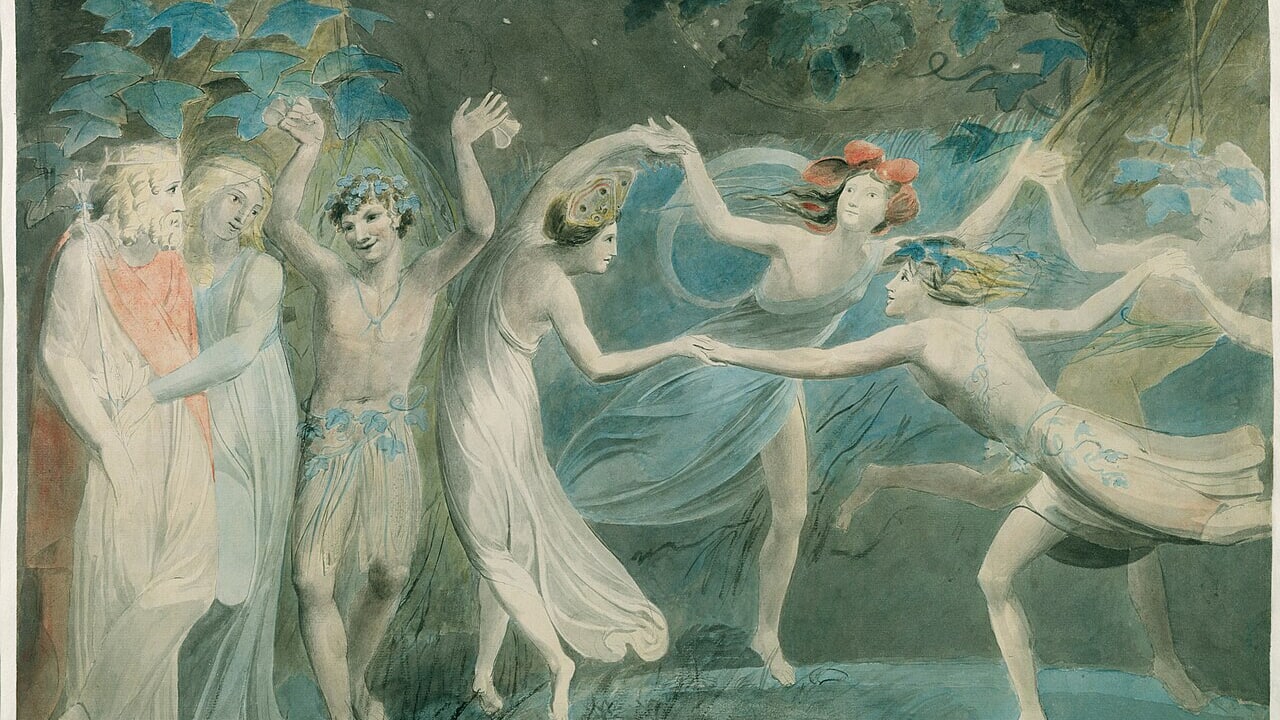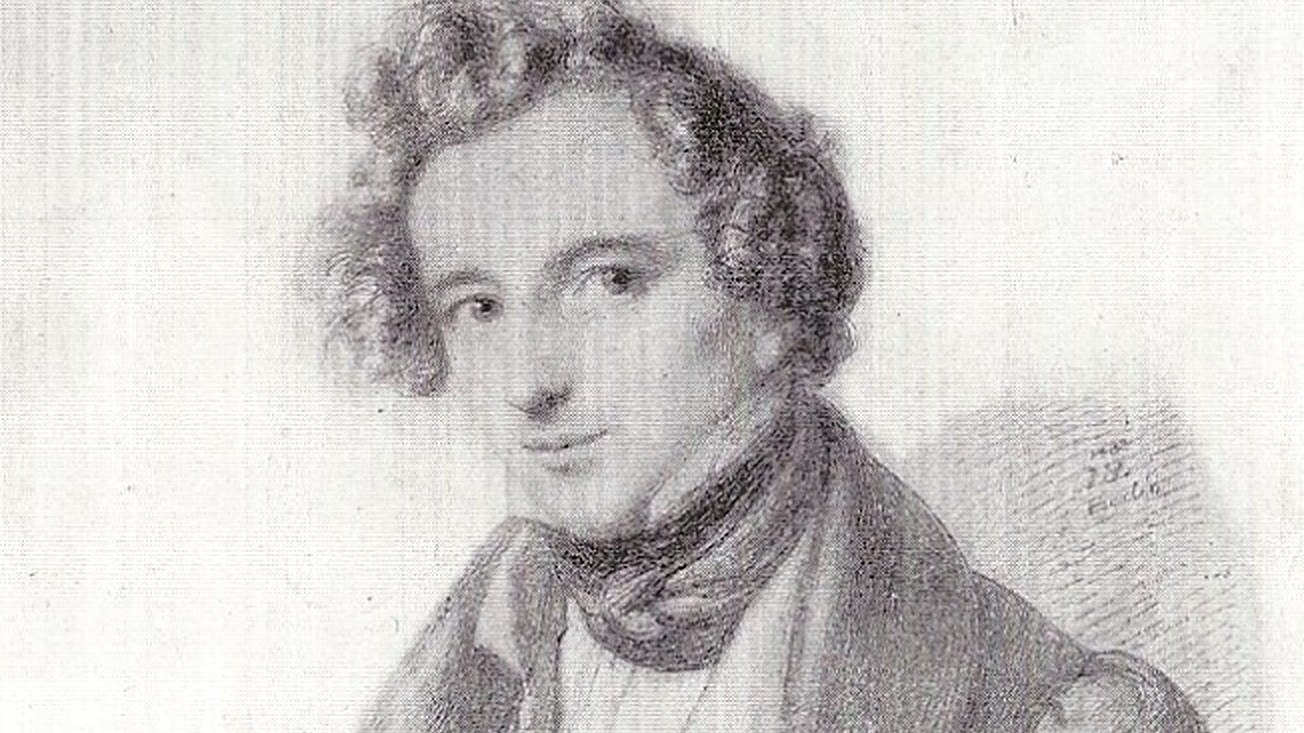Mendelssohn’s “A Midsummer Night’s Dream”: Music Inspired by Shakespeare
As a teenager, Felix Mendelssohn was drawn to the works of Shakespeare, especially the shimmering fairytale magic of A Midsummer Night’s Dream. After reading a German translation of the comedy, Mendelssohn’s sister Fanny wrote, We were entwined in “A Midsummer Night’s Dream” and Felix particularly made it his own. He identified with all of the characters. He recreated them, so to speak, every one of them whom Shakespeare produced in the immensity of …







